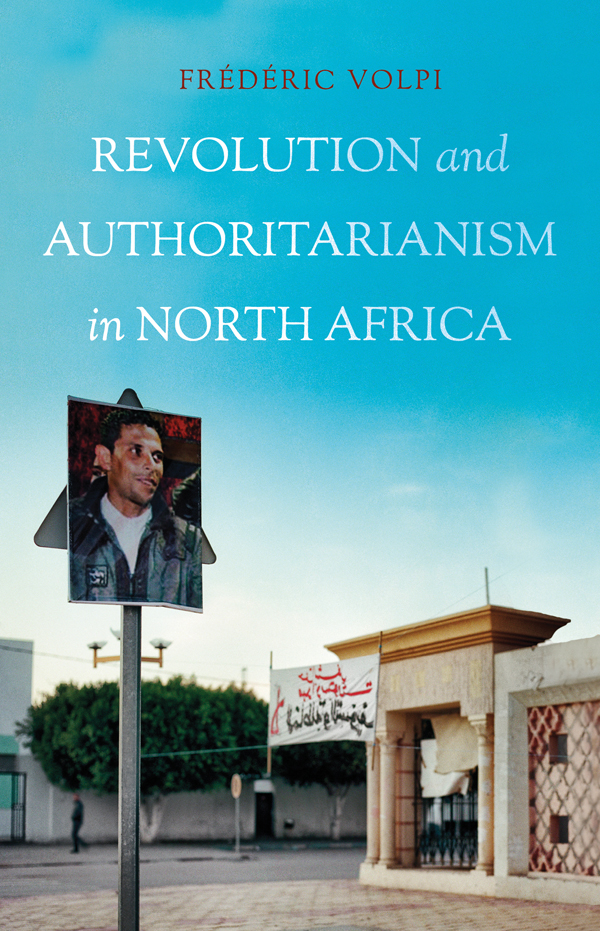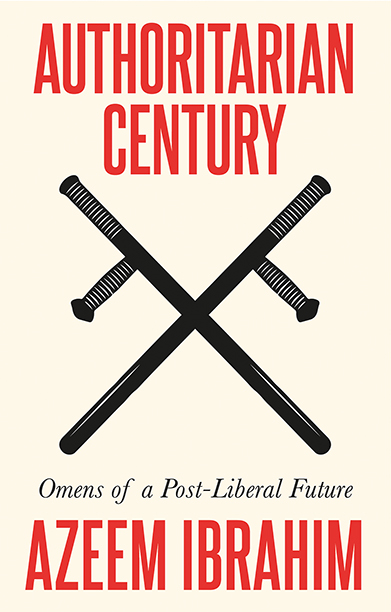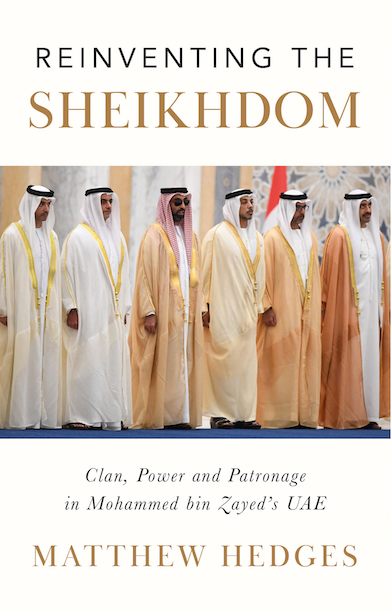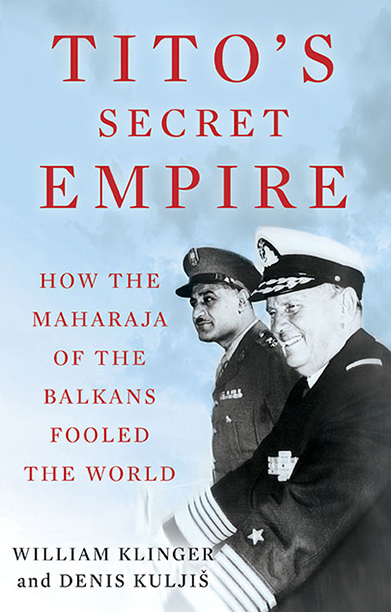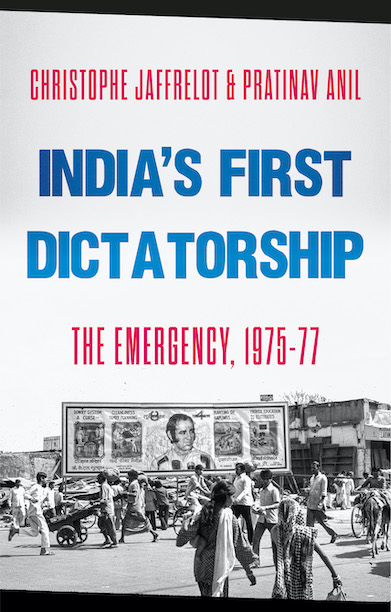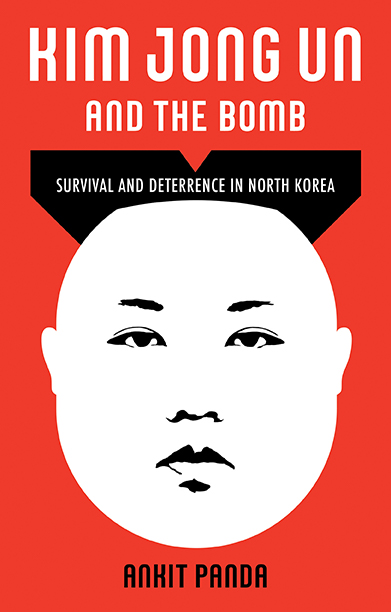Revolution and Authoritarianism in North Africa
Investigates how regimes in the Maghreb have kept dissent at bay, and the means by which their authority has been challenged.
Description
This book offers a much-needed corrective to dominant approaches to understanding political causality during episodes of intense social mobilisation in North Africa.
Drawing on analyses of routine governance and of ‘revolutionary’ mobilisation in four countries of the Maghreb — Morocco, Algeria, Tunisia and Libya — before, during and after the 2011 uprisings, Volpi explains the different trajectories of these uprisings by showing how specific acts of protest created new arenas of contention that provided actors with new rationales, practices and, ultimately, identities.
The book illustrates how the dynamics of revolutionary episodes are characterised by the social and political de-institutionalisation of routine mechanisms of (authoritarian) governance. It also details how post-uprising re-institutionalisation and/or conflict are shaped by reconstructed understandings of the uprisings by actors, who are themselves partially the products of these episodes of phenomena.
Reviews
‘Revolution and Authoritarianism looks beyond the deterministic approaches that have characterised studies of the Arab Spring and offers a much more nuanced set of explanations for the way in which events in North Africa have occurred and developed. Theoretically sophisticated and empirically well grounded, this is a genuine must-read for all those interested in the politics of the Arab Spring.’ — Francesco Cavatorta, Associate Professor, Department of Political Science, Université Laval in Quebec, Canada; and editor of Salafism After the Arab Awakening: Contending with People’s Power
‘Precisely-argued and intelligent, this is the most important study to date of the comparative politics of the Arab uprisings in North Africa; it demonstrates in detail how eventful interactions between political actors in Morocco, Algeria, Tunisia and Libya were not simply structurally determined, but shaped trajectories of change. Volpi shows how people do make history, even in circumstances not chosen by themselves.’ — John Chalcraft, Associate Professor in the History and Politics of Empire/Imperialism and author of Popular Politics in the Making of the Modern Middle East
‘This powerful account highlights the fluidity of revolutions, and of all politics, by looking at how institutions are made and unmade, especially through processes of meaning making. Volpi finds the right analytical balance between action and its contexts.’ — James M. Jasper, Professor, Graduate Centre of the City University of New York
‘Very good for advanced undergraduate seminars and graduate students.’ — Choice
Author(s)
Frédéric Volpi is Senior Lecturer in International Politics in the School of International Relations at the University of St Andrews. He is the author of Political Islam Observed, and has written for the Journal of Democracy, the Middle East Journal, Democratization, and International Studies Review, among others.
